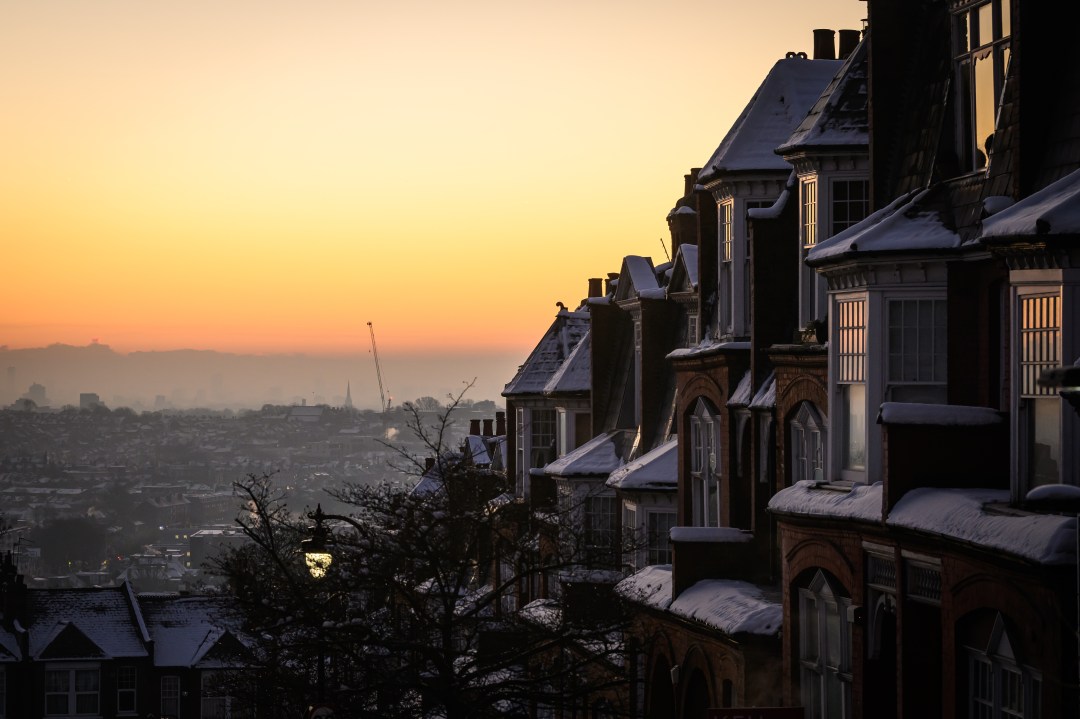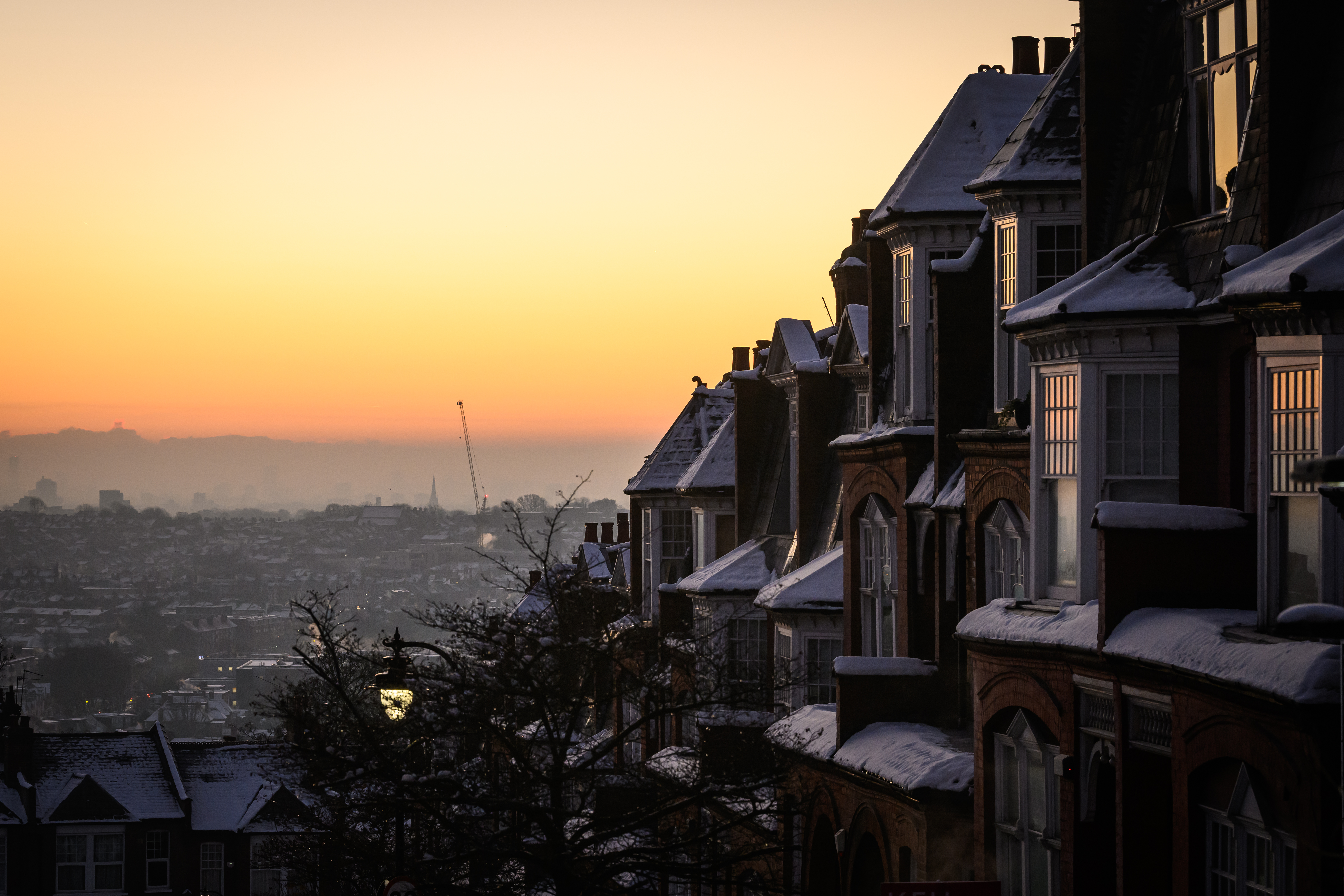In the hierarchy of excuses for tipping Britain into a month of blackouts, ‘the Met Office didn’t say winter would be cold’ must surely rank among the most abject possible. And yet this seems to be the story the government is running with; faced with the possibility of having to implement rolling power cuts, Conservatives are briefing that forecasters working from home has led to shoddy predictions, with the wise cabinet ministers accordingly caught out by the arrival of ice and snow. In December. In Britain.
To blame any of this on Met Office staff working from home this is beyond ludicrous
Britain burned through a fifth of its gas storage in the past week. Our reserves aren’t low because the Met Office said the winter would be lovely and mild – they are low because we can only store up to five days’ worth of supply at any given point. This capacity fell by 70 per cent five years ago, when the government decided the Rough storage facility in the North Sea wasn’t worth the cost of maintenance. It eventually decided to reopen it in late October, when it was well below capacity. Now, tell me: where exactly is the Met Office involved in this screw-up? Should they have predicted a cold snap five years in advance?
But perhaps the issue is that the government would have been keener to open these facilities earlier this year if they’d had a little more warning. But in that case, they could have just listened to the Met Office’s predictions in October. A ‘one-in-ten’ chance of blackout weather is still high: if I had a one-in-ten chance of being homeless next month, I would already be making emergency plans. The government, it seems, preferred to gamble that all would be well. I said exactly that in August, describing the government’s Plan A as ‘hope for good weather’ – with Plan B being ‘organised blackouts’. Well, our first option has fallen through, and there’s a good chance we’ll end up moving on to the alternative.
But perhaps that’s a little unfair; after all, the government seemingly went to a great deal of effort to make sure the chances of blackouts were as high as possible. What other explanation could there be for the energy price guarantee? It doesn’t take a great deal of economic intuition to work out that subsidising demand is a recipe for higher use; subsidising demand while also destroying price signals gives you the worst possible outcome.
There are other long-term decisions made by the government which play into this. For one, our focus on green energy ensured that gas would be the marginal unit of electricity production, driving electricity prices up as heating bills rise. Our refusal to build nuclear plants – dismissed by Nick Clegg in 2010 as irrelevant because it may have taken until this year to build new capacity – or to allow planning permission for interconnectors to the continent also made sure that our energy supply would be particularly precarious coming into this winter.
To blame any of this on Met Office staff working from home this is beyond ludicrous. There are two ways we can read this story. The first is unquestioning belief: the government is staffed by incompetents who genuinely believe that it’s the job of the Met Office to set energy policy with one-month forecasts. A more realistic one is that the government is staffed by clever people who are aware that this crisis is almost entirely their fault – and are looking to pass the buck.
The strange thing is that if they really want to do that, there is a much better – and more honest – target available to them. While the Conservative party laid the foundation for this crisis, it was precipitated by Vladimir Putin’s invasion of Ukraine. Our energy bills are high because we have cut off our supply of Russian gas. That this would mean a miserable winter has been obvious for a long time (I said as much in July and August). The price of backing Kyiv is a cold winter. As alien as the concept might be, the government could try telling the truth for once: that it did the best it could in difficult circumstances and that it didn’t get everything right. But ultimately, Moscow’s actions are not under its control – any more than bad weather is under the Met Office’s.








Comments